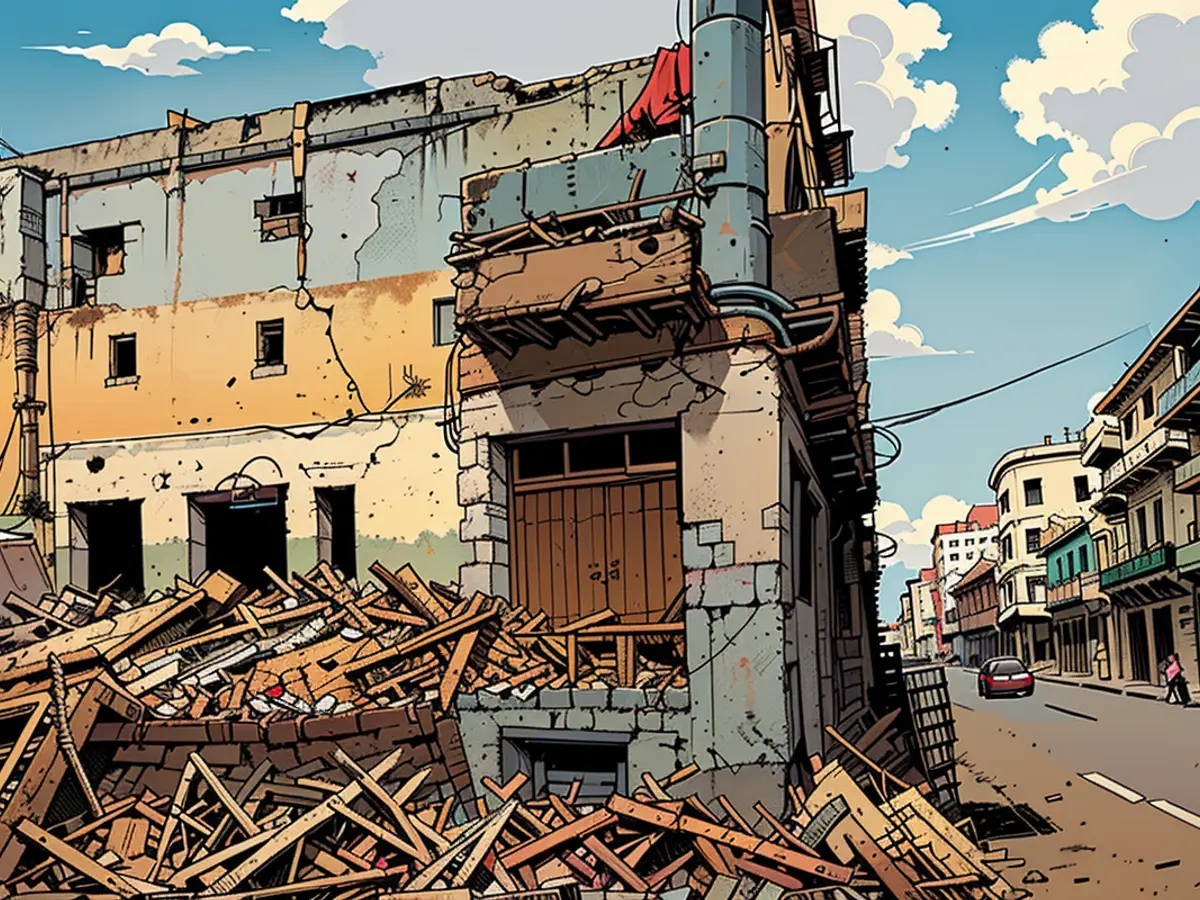The comprehensive electrical network in Cuba succumbed to failure.
Power failures are common in Cuba, typically affecting specific regions. Sadly, the entire country is now plunged into darkness. The government is now restricting various activities.
Cuba's nationwide electricity grid has failed. Shortly after implementing emergency measures to manage a severe power shortage, the Ministry of Energy announced that the vital thermal power plant Antonio Guiteras had also failed. Several other power plants in the communist Caribbean nation were already out of service due to their deteriorated condition.
President Miguel Díaz-Canel assured on X that efforts would be unrelenting to restore power. Solving this critical issue promptly for the population is of utmost importance for the leadership.
Schools remain closed
In an early-morning television broadcast on Friday (local time), Prime Minister Manuel Marrero described the country's power grid situation as "complicated." The frequent outages are predominantly due to a lack of fuel and technical issues in the nation's aging power plants, Marrero explained. Before the nationwide power failure, parts of the country were already experiencing power cuts for over 12 hours daily.
The state power provider UNE subsequently announced the termination of non-essential activities. Only hospitals and food production facilities can continue to operate without interruption. Only essential staff can be stationed at other workplaces. Cultural events and recreational centers relying on electricity will also be suspended. Temporary suspensions of school classes have been declared.
Outdated infrastructure
Cuba is grappling with one of its worst economic crises since the 1959 revolution led by Fidel Castro. The poor state of the outdated infrastructure - a consequence of the more than 60-year-old US trade embargo - means that Cuba's thermal power plants frequently fail and require emergency repairs. Power failures are an everyday occurrence across the country.
In the capital Havana, the situation has so far been mostly controlled. For the past two years, planned power outages have been implemented in phases, during which districts have had to operate without electricity for four hours every three days. Since Monday, Havana has also been experiencing daily power outages, sometimes lasting more than four hours.
The European Union expressed concern over the widespread power failures in Cuba, urging for immediate assistance and infrastructure modernization. Due to the ongoing power crisis, the European Union has temporarily halted its cultural and educational exchange programs in Cuba.








